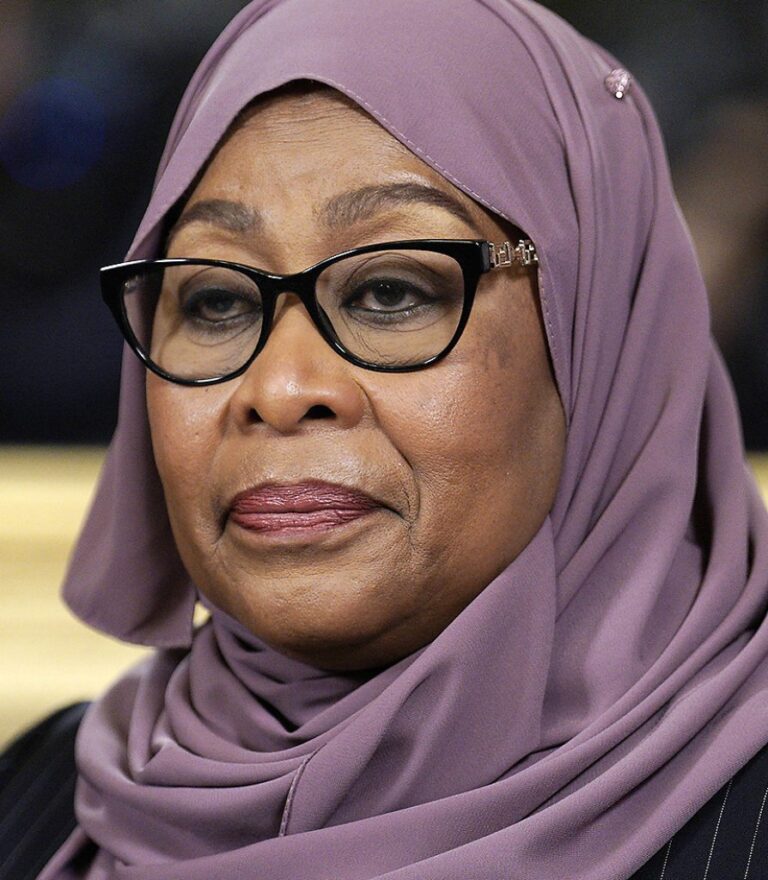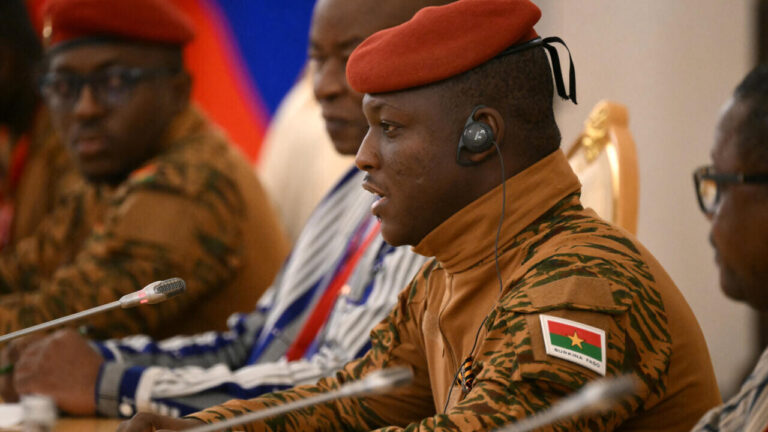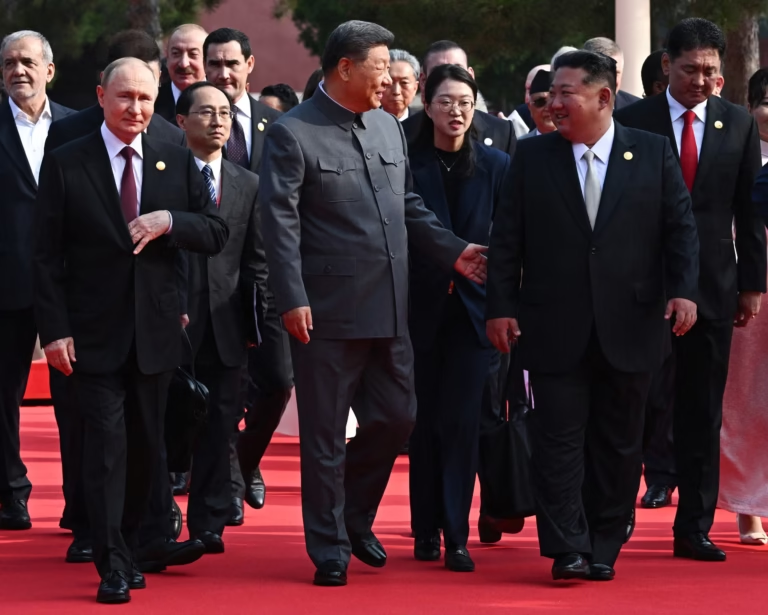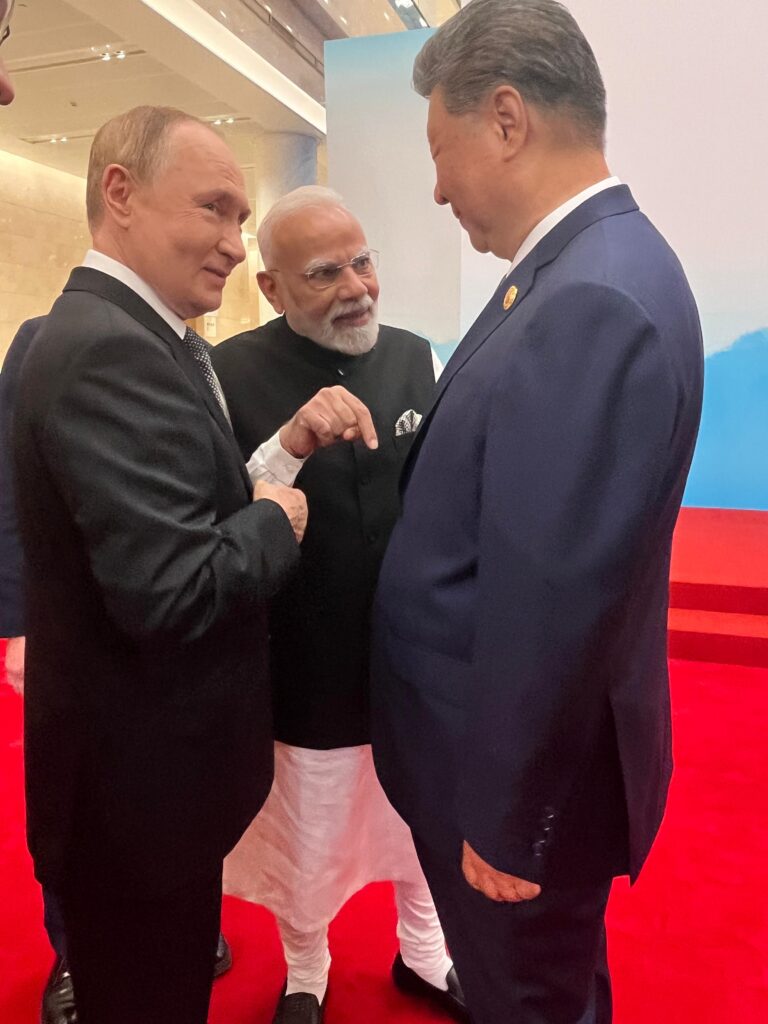
On September 1, 2025, Burkina Faso’s transitional parliament, composed of 71 unelected members, unanimously passed a law criminalizing homosexuality, marking a significant shift in the country’s legal and social landscape. This legislation, part of a broader reform of family and citizenship laws, imposes prison sentences of two to five years and fines for those found guilty of same-sex relationships, with foreign nationals facing deportation. The move aligns Burkina Faso with a growing number of African nations tightening restrictions on LGBTQ+ rights, despite international criticism. Below, we explore the context, implications, and reactions to this controversial decision.
Background: A Shift Under Military Rule
Burkina Faso, a West African nation led by a military junta since two coups in 2022, had previously been one of the 22 African countries where same-sex relations were not criminalized. Unlike many former British colonies that inherited anti-homosexuality laws, Burkina Faso, a former French colony, had no such legal prohibitions after gaining independence in 1960. However, societal attitudes remained conservative, with 64% of the population Muslim, 26% Christian, and the rest following traditional religions or no faith, fostering widespread disapproval of homosexuality.
In July 2024, the junta, led by Captain Ibrahim Traoré, proposed an amended family code to criminalize same-sex acts, which was finalized with the recent parliamentary vote. Justice Minister Edasso Rodrigue Bayala described homosexual acts as “bizarre behavior” and emphasized that the law, effective immediately, aims to uphold “marriage and family values.” The legislation also restricts marriage to unions between a man and a woman, aligning with the country’s constitution.
Details of the New Law
The law introduces severe penalties for those engaging in same-sex relationships or “associated practices.” Key provisions include:
- Prison Sentences: Offenders face two to five years in prison.
- Fines: Monetary penalties accompany jail terms, though specific amounts remain undisclosed.
- Deportation for Foreigners: Non-citizens convicted under the law will be deported.
- Awareness Campaign: The government plans to “popularize” the law through public outreach, signaling an intent to enforce it rigorously.
This legislation is part of a broader overhaul of family and citizenship laws, which officials claim reflects Burkina Faso’s cultural and religious values. The law’s passage follows a trend seen in neighboring Mali, which criminalized homosexuality in November 2024, and other African nations like Ghana and Uganda, where anti-LGBTQ+ laws have been tightened in recent years.
Regional and Global Context
Burkina Faso’s decision places it among the roughly 30 African nations—out of 54—where homosexuality is now illegal, with penalties ranging from fines to life imprisonment or even the death penalty in some cases, such as Uganda’s “aggravated homosexuality” provisions. This regional trend has drawn significant backlash from Western governments and human rights organizations. For instance, the U.S. has restricted trade benefits to Uganda, and the World Bank paused loans to Ghana over similar laws, citing human rights concerns.
The junta’s pivot away from Western influence, particularly former colonial power France, and toward closer ties with Russia, adds a geopolitical layer. This aligns with broader anti-Western sentiment in the Sahel, where Burkina Faso, Mali, and Niger have formed the Alliance of Sahel States, distancing themselves from regional blocs like ECOWAS. Some analysts suggest the ban may reflect a rejection of perceived Western values, including LGBTQ+ rights, which local leaders often frame as foreign imports.
Societal and Human Rights Implications
While the law enjoys popularity among Burkina Faso’s conservative populace—evidenced by a 2019 survey showing only 8% of citizens would accept a homosexual neighbor—it poses significant risks for the country’s LGBTQ+ community. Anti-LGBTQ+ sentiments, including verbal and physical abuse, extortion, and family rejection, were already prevalent. The new law is likely to exacerbate these issues, driving LGBTQ+ individuals underground and deterring them from seeking legal or social recourse due to fear of further victimization.
Human rights groups have criticized the junta for broader clampdowns, including arrests and forced conscription of critics, suggesting the law is part of a pattern of restricting freedoms. Transgender individuals, already facing barriers to gender-affirming healthcare, may encounter heightened discrimination. Internationally, rights advocates are expected to challenge the law, though its domestic support and the junta’s firm grip on power may limit their impact.
Looking Ahead: A Polarizing Path
Burkina Faso’s ban on homosexuality reflects a complex interplay of cultural conservatism, political maneuvering, and regional trends. While framed as a defense of traditional values, it risks deepening social divides and drawing international condemnation, potentially affecting foreign aid and relations with Western donors. As the junta continues to navigate security crises and geopolitical realignments, this law signals a hardening stance on social issues, with significant implications for the country’s marginalized communities.
The global community will be watching closely to see how this legislation is enforced and whether it prompts further shifts in Burkina Faso’s domestic and foreign policies. For now, the law marks a somber turning point for LGBTQ+ rights in a nation once seen as relatively tolerant in the region.



